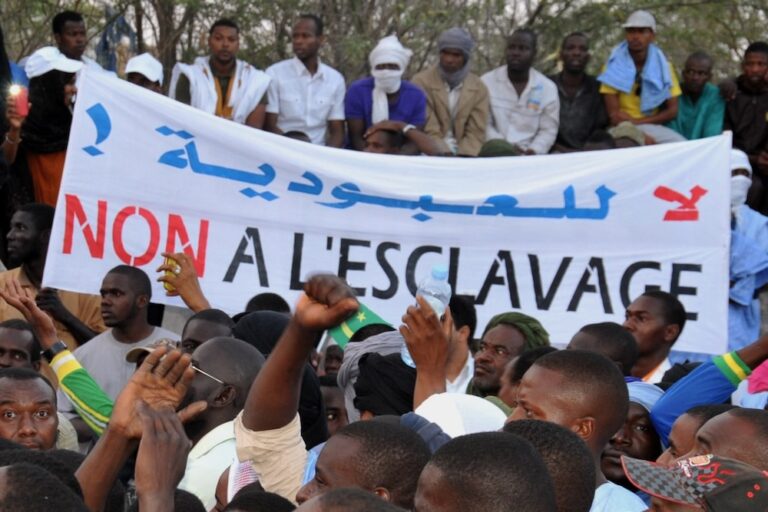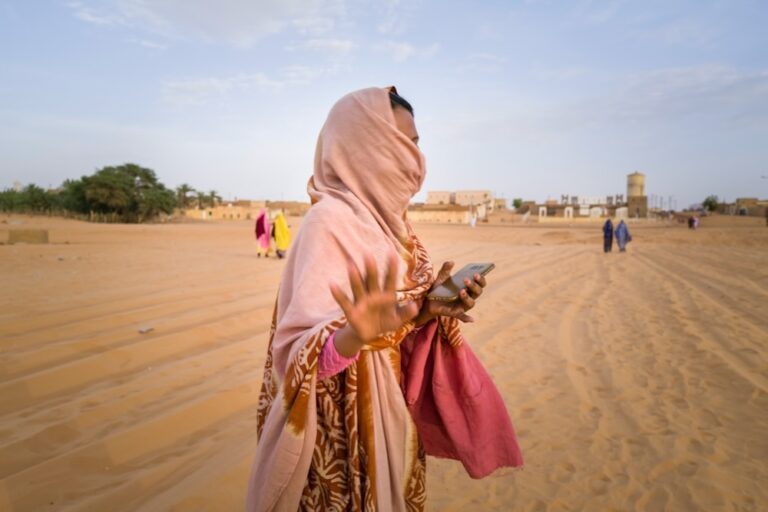(RSF/IFEX) – Reporters Without Borders has condemned the outcome of the trial of Abdel Fattah Ould Abeidna, managing editor of the privately-owned paper “al-Aqsa”, sentenced, on 7 November 2007, to one year in jail for “false accusation” of a businessman whom he accused him without proof of being a drug-trafficker. The editor, who is currently […]
(RSF/IFEX) – Reporters Without Borders has condemned the outcome of the trial of Abdel Fattah Ould Abeidna, managing editor of the privately-owned paper “al-Aqsa”, sentenced, on 7 November 2007, to one year in jail for “false accusation” of a businessman whom he accused him without proof of being a drug-trafficker.
The editor, who is currently out of the country, has decided to appeal against his conviction.
The CEO of the Générale de banque de Mauritanie and former president of the employers’ organisation, Mohamed Ould Bouamatou, laid a complaint against “al-Aqsa”, after the paper accused him, alongside the publication of a photo, of involvement in international cocaine trafficking.
Mauritanian journalists have reported that the articles attacking Mohamed Ould Bouamatou had been ordered and paid for by a clan rival seeking to discredit the businessman.
On 7 November, the court in Nouakchott sentenced Abdel Fattah Ould Abeidna to one year in prison, a fine of 50,000 Ouguiyas (approx. 170 Euros) and 300 million Ouguiyas (approx. 1 million Euros) in damages.
He had been arrested on 24 May and released on bail four days later. He was initially charged with “defamation” under the press law but the Supreme Court changed it to “false accusation” under the criminal code. The prosecutor asked for the sentence laid down by law, without further clarification. Under Mauritanian law a charge of “false accusation” is punishable by five months to two years in prison, under Article 348 of the criminal code.
“This case had been badly handled from start to finish and has ended with a draconian and counter-productive verdict,” the worldwide press freedom organisation said.
“Despite repeated appeals from a section of Nouakchott’s newspaper editors, the problems posed by Mauritania’s mercenary press have never been taken seriously by the authorities. Now they must take responsibility for the fact that a defamed man is now accused of being a persecutor, a potential prisoner could soon become an embarrassment and the country’s image has been tarnished.”


